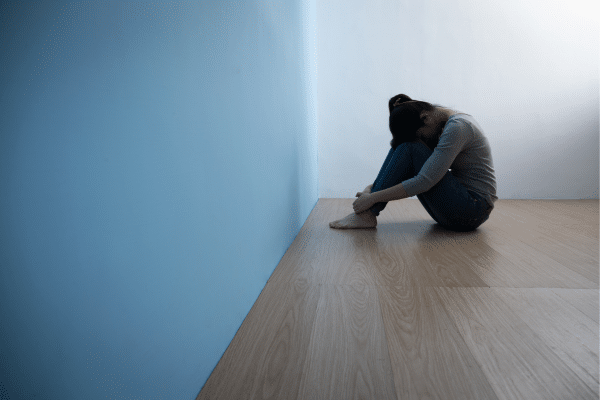### Identifying Depression: Symptoms Across Different Groups
Depression is a widespread mental health condition that affects millions of people worldwide, posing significant challenges to one’s well-being, relationships, and daily functioning. Although depression can target anyone, its symptoms often manifest differently across various demographics. In this article, we’ll explore the common signs of depression among different groups, including women, men, postpartum women, and teenagers.
### **Signs of Depression in Women**
Women are more frequently diagnosed with depression than men, experiencing profound impacts on their lives. While some symptoms are common across genders, certain signs are particularly prevalent among women.
One major symptom of depression in women is a persistent sense of sadness or hopelessness. Women with depression often feel emotionally drained and lose interest in activities they once enjoyed. Feelings of guilt and worthlessness are also common, further intensifying depressive symptoms. Changes in appetite and weight—whether through eating more and gaining weight or losing weight due to lack of appetite—are frequently observed.
Sleep disturbances are another significant symptom of depression in women. They might experience insomnia or have trouble staying asleep, which can lead to daytime fatigue and irritability. Conversely, some women may oversleep as a way to escape negative feelings. Physical symptoms such as headaches, chronic pain, digestive problems, and other somatic complaints are also notable among women suffering from depression.
Depression in women can also manifest as premenstrual dysphoric disorder (PMDD), a severe form of premenstrual syndrome (PMS) affecting approximately 5% of women. PMDD includes intense mood swings, anxiety, and depressive symptoms that occur around the menstrual cycle.
### **Signs of Postpartum Depression**
Postpartum depression specifically affects women following childbirth. Common symptoms include persistent sadness, anxiety, irritability, changes in appetite and weight, sleep disturbances, and a lack of interest in the baby. This form of depression can significantly impair a woman’s ability to care for herself and her newborn, potentially leading to severe, long-term consequences if left untreated.
### **Signs of Depression in Men**
Depression in men often goes unrecognized and presents differently compared to women. Men with depression may display irritability and anger instead of sadness. They may experience mood swings and frustration more easily and may exhibit aggressive behaviors such as yelling, slamming doors, or becoming confrontational. Engaging in risky behaviors, including substance abuse and gambling, is also more common among depressed men.
Men suffering from depression may report physical symptoms like headaches, digestive issues, and chronic pain that don’t respond well to standard treatments and persist despite medication. Other key indicators include changes in appetite and weight, sleep disturbances, and fatigue.
### **Signs of Depression in Teenagers**
Teen depression has emerged as a critical concern. According to the National Institute of Mental Health (NIMH), about 3.2 million adolescents aged 12 to 17 in the U.S. experienced at least one major depressive episode in 2019.
Data from the Substance Abuse and Mental Health Services Administration (SAMHSA) shows that teens with depression are more prone to substance abuse. In 2019, around 7.1 million adolescents aged 12 to 17 reported alcohol use, and 4.2 million reported using illicit drugs.
Depression can severely impact teens’ academic performance, affecting their concentration, memory, cognitive abilities, and motivation.
—
For more information and support regarding depression, visit [Bridge Health](#). Bridge Health offers a variety of resources and professional guidance to help manage and treat depression effectively.
